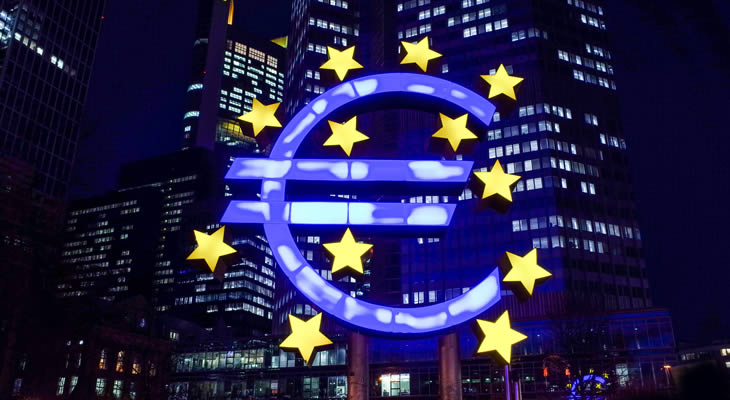SPD Coalition Decision could Trigger Euro to Pound (EUR/GBP) Turbulence
The Euro has made a slight advance against the Pound on 15th January, but the pairing could face difficulties in the near-term from upcoming political events.
Fresh off the back of an apparent agreement in German coalition talks, the Euro risks a decline if an actual coalition deal is rejected.
Angela Merkel’s CDU/CSU union and the SPD Party have provisionally agreed to form a ‘grand coalition’, as they have on two previous occasions.
While this arrangement has led to functioning governments in the past, the SPD leadership still needs to gain approval from party members at a congress on 21st January.
Senior SPD members may be eager to get back to governing, but Die Zeit Publisher-Editor Josef Joffe has warned that;
‘The real hurdle…(is) when the SPD rank and file will have to vote on approval. The mood of the party faithful is heavily skewed against another grand coalition’.
As well as approval in a party congress, the SPD also needs a green light from a postal vote taking place later on.
If the party ultimately rejects another coalition agreement, the Euro could plummet because of the negative ramifications for Germany.
The country could be forced into another difficult nationwide vote, or the CDU/CSU union could try and form a weakened minority government.
This would be an undesirable outcome, as party policies could be repeatedly blocked by the opposition, leading to a lack of progress.
Euro to Pound Decline Possible on Eurozone Inflation Rate Figures
As well as political concerns affecting the Euro over the weekend, the EUR/GBP exchange rate could also be impacted by Wednesday morning’s Eurozone inflation stats.
Estimates are for a year-on-year decline for December’s final reading, but no change for the core annual figure.
Although month-on-month inflation could rise from 0.1% to 0.4%, the annual reading is considered more high impact so the Euro could decline on such news.
Lower inflation reduces the pressure on the European Central Bank (ECB) to consider higher interest rates, something that Euro traders have been longing for.
Pound to Euro Volatility Likely on UK Inflation Rate Readings
While the Pound advanced last week on hopes for a ‘soft Brexit’, Sterling has since fallen back against the Euro.
The next high-impact UK economic news will be Tuesday morning’s inflation rate figures for December.
During the month, inflation is tipped to rise slightly, although a year-on-year slowdown has also been predicted.
Like the Eurozone inflation readings, annual stats generally have a greater impact than monthly figures.
In a change of circumstances, however, the Pound may appreciate in value if UK inflation falls.
Lower inflation could reduce the chances of a Bank of England (BoE) interest rate hike, but many economists believe that the BoE won’t raise rates until late 2018 anyway.
As such, falling inflation now would put the rate of price growth closer to the pace of wage growth, which would lessen the impacts of the current UK wage squeeze.
Greater incomes for workers could restore UK economic confidence, given that recent headlines have been about declining real incomes.


Comments are closed.